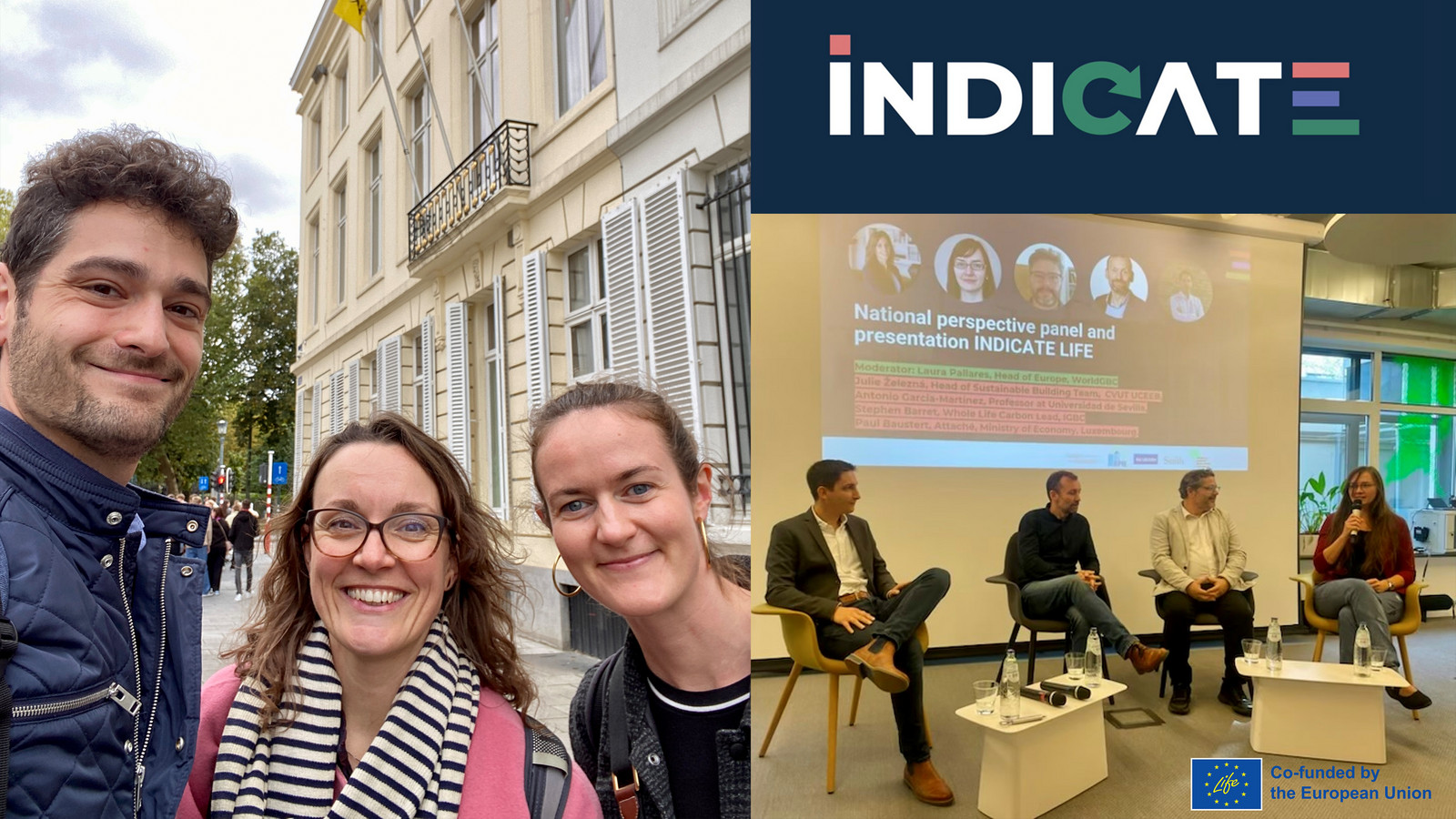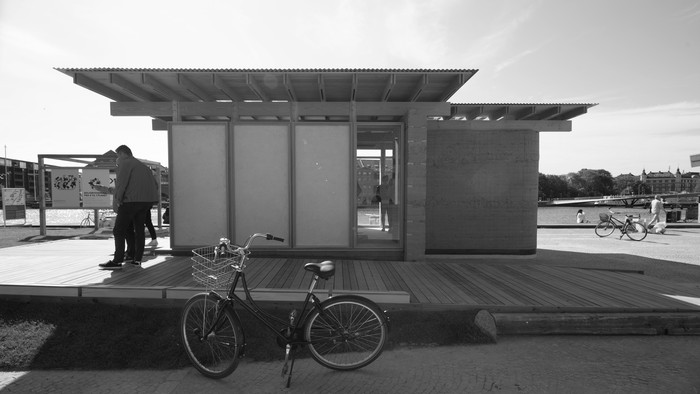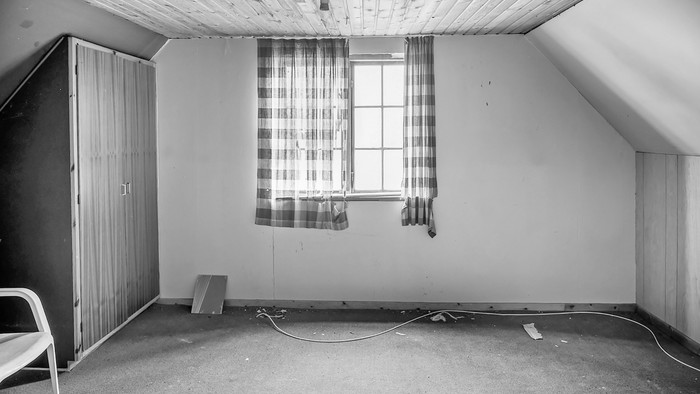INDICATE: Outcomes of the European Building-Level WLC Data Accelerator

One of the event's key highlights was the launch of the BPIE report, How to Establish Whole Life Carbon Benchmarks, co-authored by experts including Zsolt Toth and Martin Röck. This report highlighted the importance of establishing clear carbon benchmarks across European countries. As WLC assessments become more prevalent, they will fundamentally change the way we approach building design by identifying carbon hotspots and enabling lower carbon alternatives, as Stephen Barrett of the Irish Green Building Council (IGBC) pointed out.
Several themes stood out during the presentations and panel discussions:
- Data is Key: Zsolt Toth (BPIE) pointed out that having a comprehensive overview of the national building stock is crucial for the successful implementation of carbon limit values. Collecting representative building Life Cycle Assessment (LCA) data is the foundation for achieving this goal.
- New Mindset, New Designs: WLC assessments promote a change in mindset. These assessments help identify carbon-intensive areas in buildings and support the creation of sustainable designs that minimise environmental impact.
- Economic and Market Benefits: Pau Garcia Audi (DG ENER) emphasised that the WLC regulation not only contributes to sustainability, but also strengthens the European market for locally produced low-carbon building materials, thereby generation economic benefits.
- Collaboration Across Europe: No country works in isolation. As Paul Baustert (MECO) shared, Luxembourg will draw on past experience in balancing generic and specific data in the WLC regulation to ensure consistency across building LCAs.
We were also pleased to announce the next phase of the project: INDICATE LIFE. Co-funded by the European Union, this initiative will continue to build on the lessons learned from INDICATE, with national teams in Austria, Croatia, Italy, and Luxembourg leading the charge, and Hungary joining as a following country.
As the journey toward decarbonizing the built environment continues, it’s clear that collaboration, data-driven insights, and a commitment to sustainable practices will be key to making meaningful progress.
Stay tuned for the release of the national policy briefs, which will dive deeper into these lessons on a country-by-country basis.


